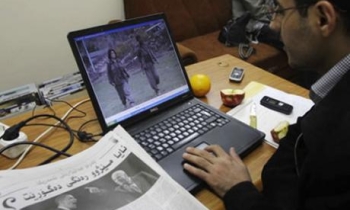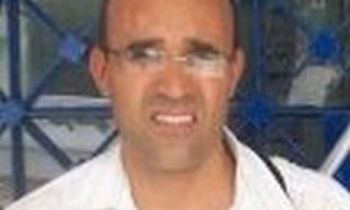(SEAPA/IFEX) - A senior member of Thailand's interim National Legislative Assembly (NLA) says martial law may remain in place in 35 Thai provinces in the short term, possibly through to scheduled national elections in December 2007. On 29 August, Prasong Soonsiri, who chairs the NLA's special committee reviewing bills in preparation for the general elections, told Bangkok's English-language daily "The Nation" that "it is not necessary" to lift martial law in the 35 provinces as "maintaining martial law may better help keep peace and order".
Thai press advocates and representatives have contended with an unstable media environment in the kingdom ever since 19 September 2006, when a military coup toppled the government of former Thai prime minister Thaksin Shinawatra. The scrapping of Thailand's Constitution and the declaration of martial law nationwide cast a cloud over press freedom in the country. While the military government that took over demonstrated tolerance with the mainstream press (particularly Thailand's highly popular and influential print media), community radio and Internet news operators complained of pressure from Thailand's interim government.
Online news providers had their sites blocked and their officers warned, while among community radio operators, and even in the mainstream press, self-censorship has been an acknowledged issue the past year.
The lifting of martial law in Bangkok and some 40 provinces earlier this year and the adoption this month of a new - if controversial - Constitution, have Thais looking to the elections and the general normalizing of the political and media atmosphere. The junta's unwillingness to lift martial law in the 35 remaining provinces, however, remains a major concern for media and democracy proponents, and with Prasong's latest comments, the media situation may remain compromised for the rest of 2007, at the very least.
Under martial law, and on the pretext of guarding against instability and the unwanted influence of Thaksin, the military leaders had effectively limited genuine public discourse about the content and nature of the draft Constitution as it headed to the recently concluded referendum. "Organized campaigns" for a rejection of the charter were effectively outlawed, and some Thai advocates told SEAPA that radio commentators in the provinces were pressured from speaking out against the proposed constitution.
Apart from its likely impact on political discourse and tension in Thailand, Prasong's latest comments on the need for retaining martial law in the provinces may also prevent independent media from fully having their voice and opinions heard until the next elections, and keep the environment unstable for the Thai press. Apart from invoking the need to ensure peace and order, Prasong told reporters that "especially now that (Thaksin's disbanded) Thai Rak Thai coalition is trying to have martial law lifted, they may have some intention and want some convenience . . . so we can't allow it."









